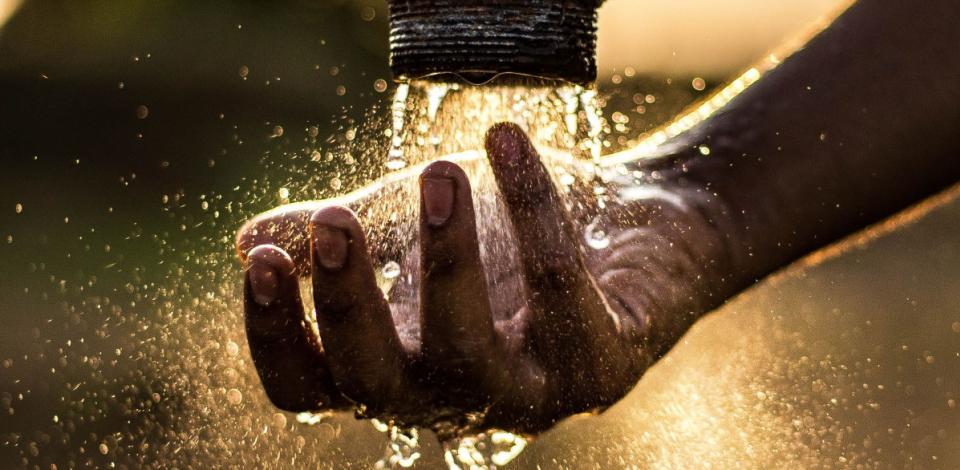Primary prevention, control of NTDs and management of NTD-related disabilities relies heavily on access to safe water, sanitation, and hygiene (WASH). There are numerous NTD transmission routes that can be interrupted with improved WASH, including trachoma, schistosomiasis, soil-transmitted helminthiasis (STH) and Guinea worm. In addition, improved WASH is vital to NTD-related wound and morbidity management and disability prevention, for example in leprosy, lymphatic filariasis and Buruli ulcer. Therefore, as endorsed by the WHO roadmap for NTDs, access to safe WASH services are key for the prevention, intensified control, management and elimination of NTDs by 2020. Though, there is still a great need for operational research on the feasibility and effectiveness of pairing specific WASH interventions with specific NTDs.

Water Access, Gender and Health Impacts
There are around 2 billion people around the world without access to safely managed drinking water services of which 771 million people lack access to basic drinking water services (water from improved sources with a roundtrip collection time of less than 30 minutes including queuing), rendering them highly susceptible to waterborne diseases and diarrheal illnesses. Women and girls are often disproportionally burdened with water collection responsibilities, facing increased risk of waterborne diseases, assaults and injuries during long journeys to water sources. Access to safe water not only saves time and energy spent on fetching water but also protects against health risks associated with contaminated water. Moreover, safe water is essential for hygiene practices like face washing to prevent diseases such as trachoma and wound care to mitigate disability in diseases like guinea worm, leprosy, lymphatic filariasis, and buruli ulcer.
Hygiene Promotion for NTD Prevention
Hygiene promotion is a cost-effective component of WASH interventions crucial for maximizing the health benefits of safe water and sanitation facilities. It educates individuals on practices like hand-washing, proper waste disposal, not swimming in infested waters, wearing shoes, good food preparation and avoiding open defecation, which are essential for preventing NTDs. Good hygiene practices, especially skin hygiene, benefit individuals with NTDs like lymphatic filariasis and leprosy, minimizing the risk of infections and disease progression. Different interventions on hygiene promotion have already been conducted, for example local motivators who are trained to educate on hygiene behaviour change; teaching schoolchildren good hygiene practices through cartoons, songs, games and drama; and participating in a hygiene workshop to promote water taps and to encourage hand-washing.
Integrated Approaches: WASH and NTD Interventions
Historically, NTD interventions focused solely on disease control without addressing underlying WASH deficiencies. However, collaboration between WASH and NTD programs can significantly improve outcomes. Integrated approaches like the SAFE strategy for trachoma control, which incorporates hygiene promotion and environmental improvements, have shown success. Similarly, initiatives like WASHED and the Guinea Worm: Countdown to Zero program highlight the effectiveness of combining WASH interventions with NTD control efforts. School Health and Nutrition programs, integrating WASH, deworming, and health education, further contribute to NTD prevention and overall child health. These integrated approaches not only enhance cost-effectiveness but also ensure sustainable impact on NTD control and elimination.
